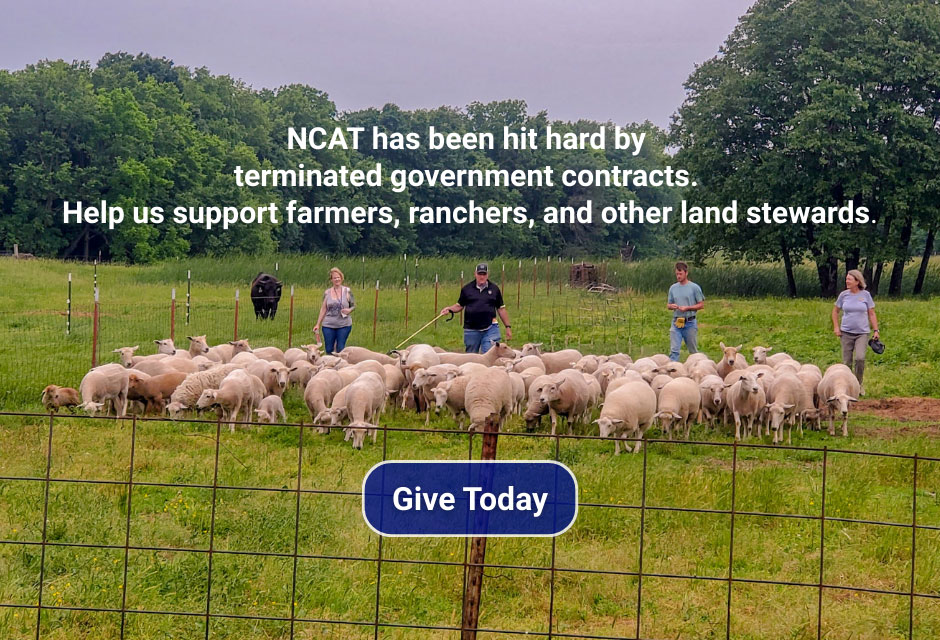Video Series to Train California Workers for Specialty Crops
A team of California educators is producing a 25-part video series to help train new people to work with California’s specialty crops. Collaborators at University of California, Davis and UC […]

